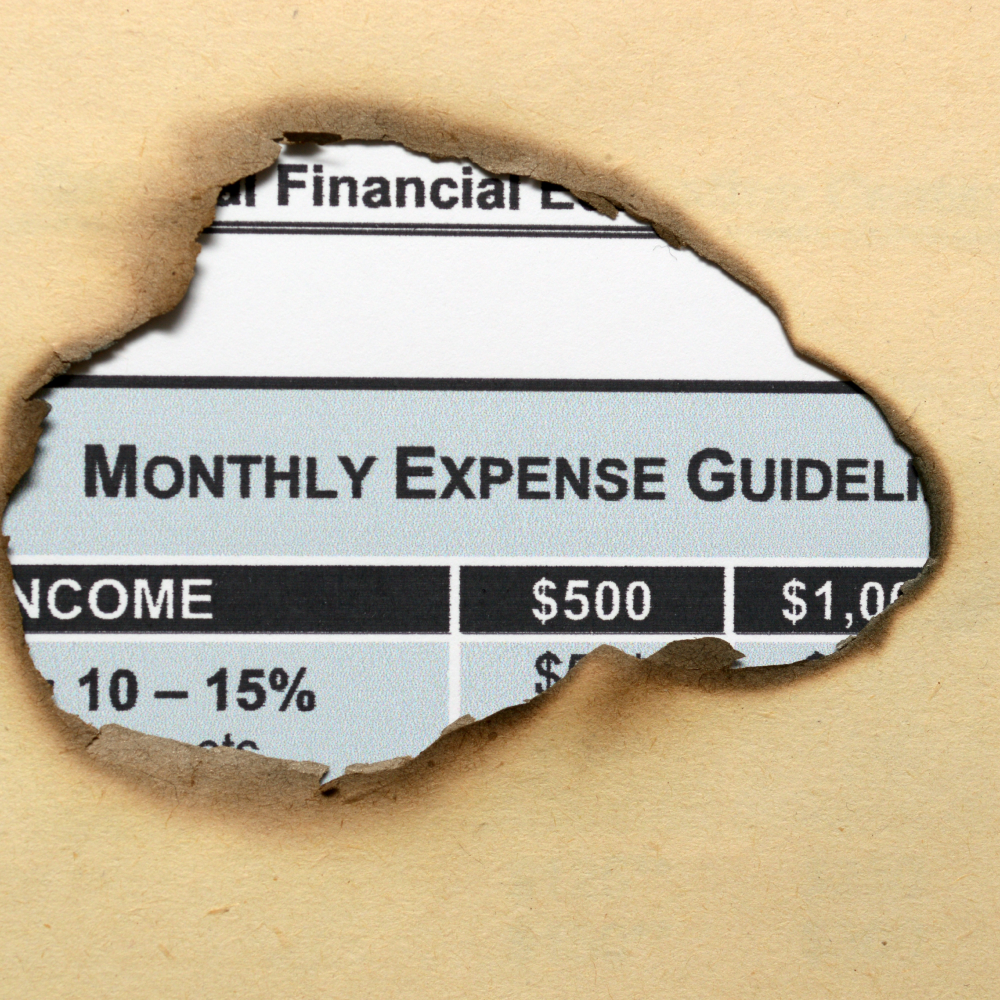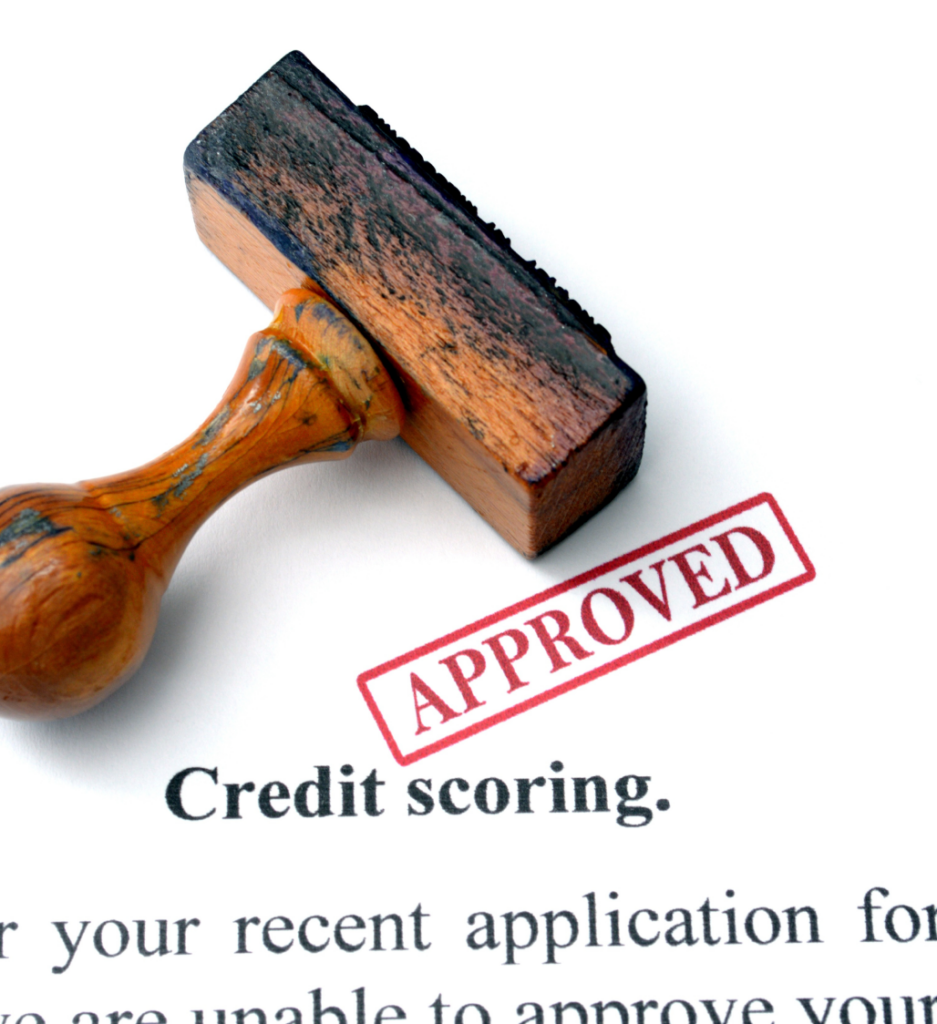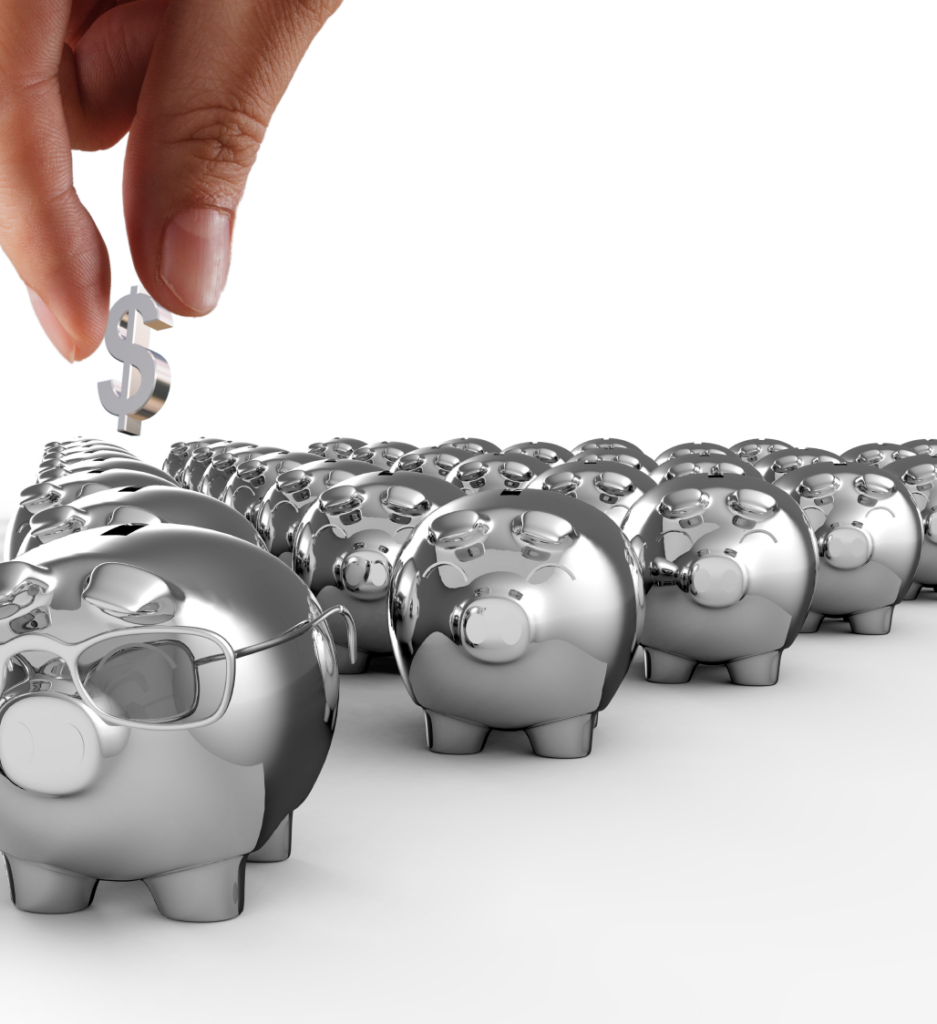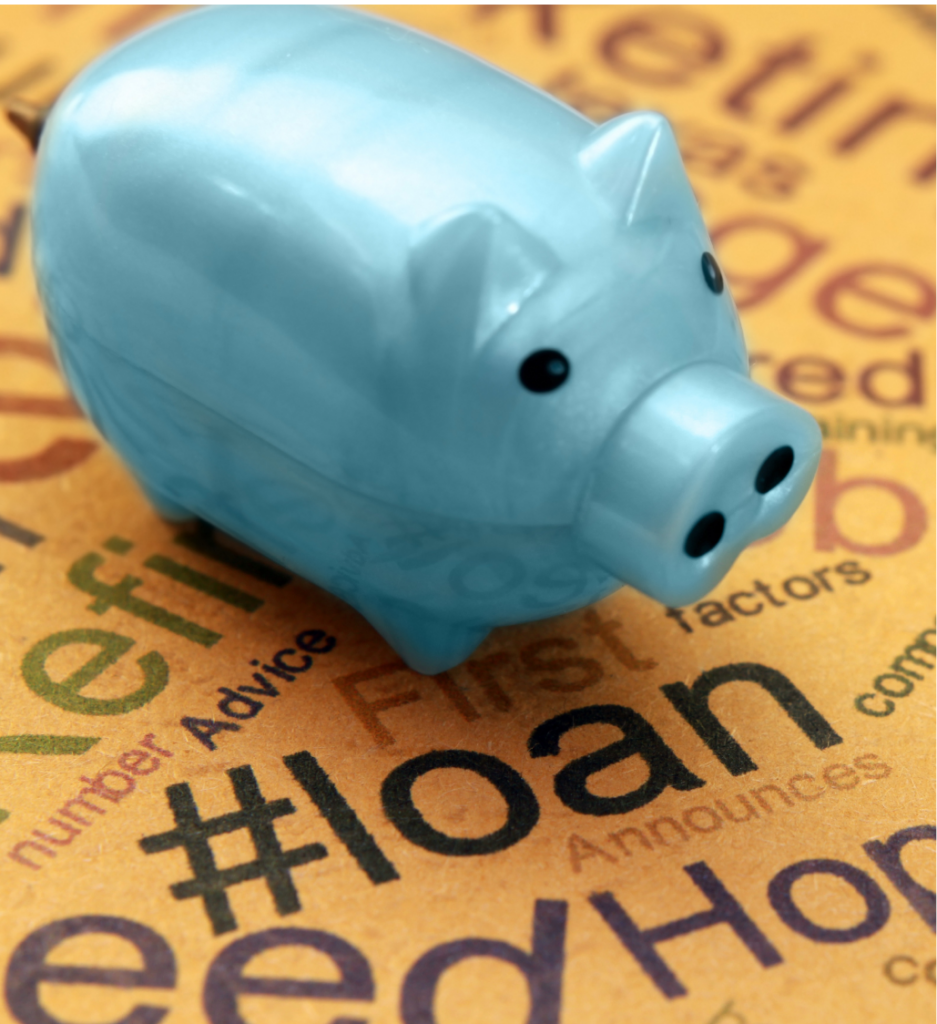What are the pros and cons of a checking account?
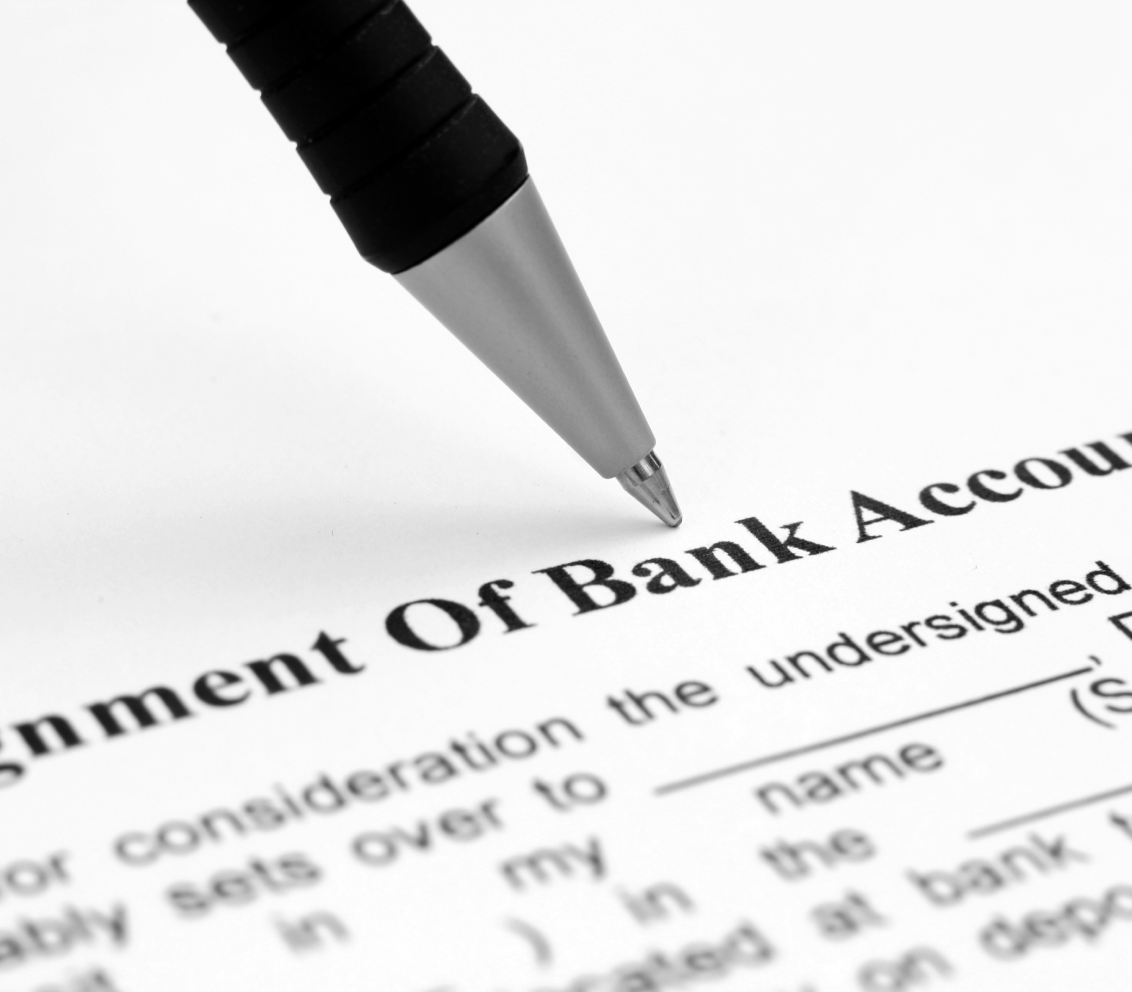
The Pros and Cons of a Checking Account: A Comprehensive Overview
Checking accounts are a fundamental component of personal finance, offering a convenient way to manage daily transactions, pay bills, and access funds. While these accounts are widely used and have numerous benefits, they also come with certain drawbacks. In this article, we’ll delve into the pros and cons of a checking account to help you make an informed decision about whether it’s the right financial tool for you.
Pros:
- Easy Access to Funds: One of the primary advantages of a checking account is its accessibility. With a debit card and online banking, you can easily access your funds for everyday expenses, whether you’re making purchases at a store, dining at a restaurant, or shopping online.
- Convenient Bill Payments: Checking accounts offer a seamless way to pay bills. You can set up automatic payments for regular bills like rent, utilities, and loans, reducing the risk of missing due dates and incurring late fees.
- Check Writing: Despite the digital age, checks can still be handy for certain situations, such as paying rent to a landlord who prefers paper checks. Having a checking account allows you to write checks as needed.
- Direct Deposits: Many employers offer direct deposit for paychecks, enabling you to receive your earnings directly into your checking account. This not only simplifies the process but also provides faster access to your money compared to physical checks.
- Safety and Security: Storing your money in a checking account is generally safer than keeping cash at home. Financial institutions provide security measures to protect your account from theft and fraud.
- Overdraft Protection: Some checking accounts offer overdraft protection, which can prevent your account from going negative if you accidentally spend more money than you have. This can save you from overdraft fees and embarrassment.
- Record Keeping: Checking account statements provide a clear record of your financial transactions, making it easier to track your spending, budget, and monitor your financial health.
Cons:
- Low Interest Rates: Unlike savings or investment accounts, checking accounts typically offer very low interest rates, if any at all. This means that your money may not grow significantly over time while sitting in a checking account.
- Fees: Some checking accounts come with monthly maintenance fees, overdraft fees, and other charges. It’s important to carefully review the fee structure of any account you’re considering to avoid unexpected costs.
- Limited Returns: Since checking accounts focus on transactional use, they don’t provide the potential for substantial returns that other investment vehicles like stocks, bonds, or even high-yield savings accounts offer.
- No Investment Opportunities: Unlike certain types of accounts designed for investing, checking accounts don’t allow you to invest your money to generate higher returns.
- Opportunity Cost: The money you keep in a checking account is essentially sitting idle in terms of generating returns. This means you’re missing out on potential gains that could be earned through other investment options.
- Lack of Discipline: The ease of access to funds in a checking account might lead to impulsive spending, making it challenging to maintain a disciplined savings strategy.
- Identity Theft and Fraud Risk: While banks implement security measures, checking accounts are still susceptible to identity theft and fraud. It’s important to stay vigilant and monitor your account regularly for any suspicious activity.
In conclusion, a checking account can be a valuable tool for managing day-to-day finances and ensuring easy access to funds. However, it’s essential to weigh the pros and cons before deciding to rely solely on a checking account for all your financial needs. For many individuals, a combination of checking and savings accounts, along with strategic investments, offers a more balanced approach to achieving both convenience and financial growth.
Look to California Community Credit Union for all your Checking Account Needs
At California Community Credit Union, we have the financial experts who can guide you through the entire process for your checking account needs. You won’t have to stress at all as we help you choose the perfect checking account that fits your unique circumstances and personal needs. Look to CACCU as your professional partner when it comes to selecting the right checking account for you. We offer low rates and flexible terms. We invite you to contact us today to get started.
you may also like
Credit Union Membership: What You Need to Know
Credit unions have become a significant part of the financial ecosystem by offering a range of products,…
How to Achieve Financial Wellness
In today’s fast-paced world, achieving financial wellness has become the foundation of personal success. Financial wellness does…






